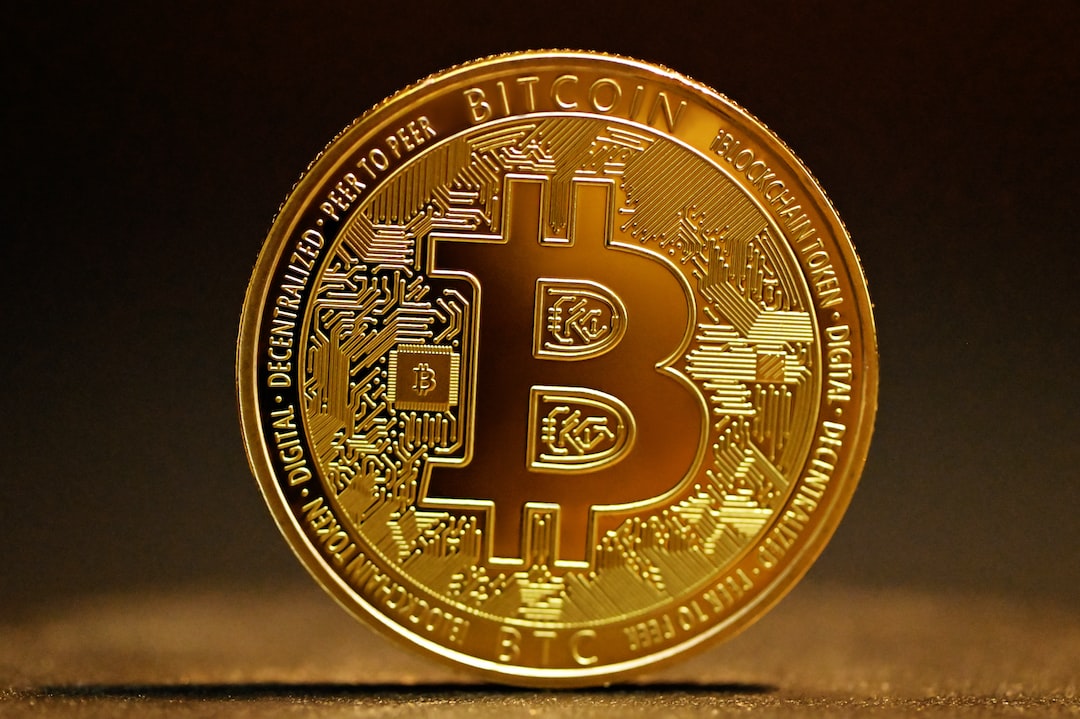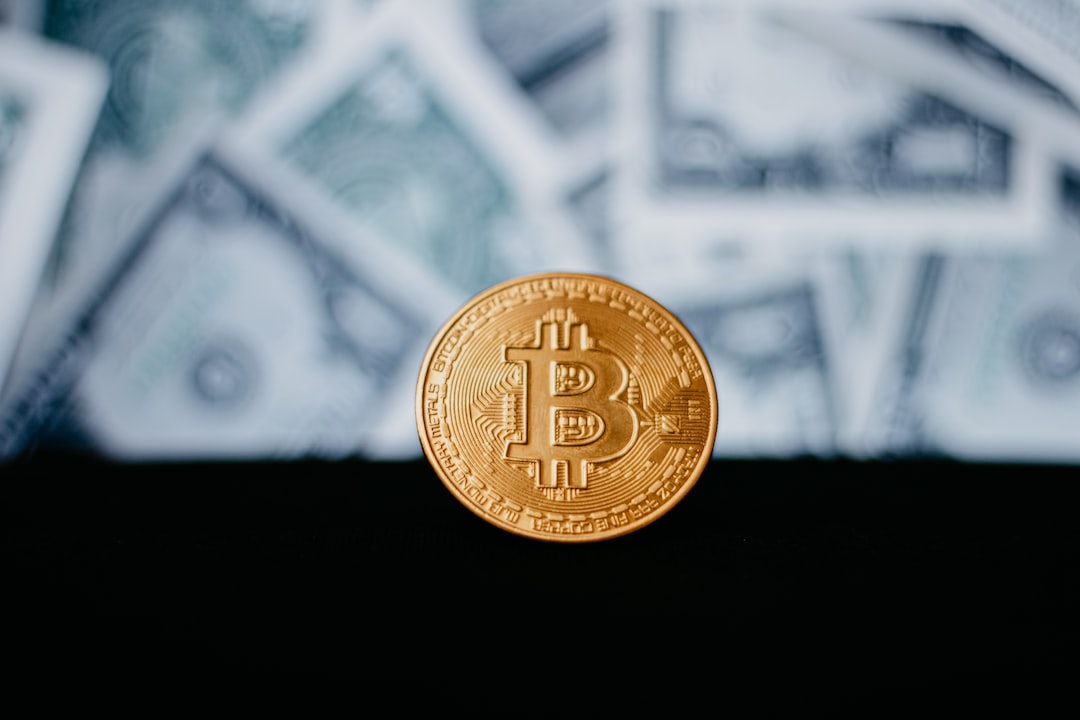Bitcoin as a Store of Value and Inflation Hedge
Jurrien Timmer, Head of Global Macro at Fidelity, believes that Bitcoin is a store of value currency and an inflation hedge similar to gold. He argues that both Bitcoin and gold have attractive risk/reward ratios and may share the same investment thesis.
Historic Comparison between Gold and Bitcoin
Timmer points out that Bitcoin has followed the pattern of previous boom and bust cycles. The cryptocurrency recently surpassed $35,000 per BTC, with market participants anticipating the approval of a spot Bitcoin ETF in the coming months. Bitcoin has been seen as a “flight to quality” asset alongside gold, as investors lose faith in long-dated treasuries.
“Historically, during structural regimes in which inflation runs hot, real rates are negative, and/or money supply growth is excessive, gold tends to shine and gain market share relative to GDP,” explains Timmer.
Investors often compare Bitcoin to gold due to its reliable scarcity compared to fiat currency. Some consider Bitcoin to be an even better alternative because of its digital benefits and early adoption stage.
Risk-Reward Comparison: BTC vs. Other Asset Classes
While Bitcoin remains more volatile than gold currently, Timmer notes that this volatility works in its favor during a rally. When comparing the risk-reward of BTC against other asset classes since 2020, he states that Bitcoin is in a league of its own.
“Yes, Bitcoin is down 54% from its two-year high, but it is also up 84% from its low. Government bonds can’t hold a candle to that risk-reward math, and neither can many other asset classes, at least at this moment,” says Timmer.
Fidelity’s Bull Case for Bitcoin
Fidelity has long supported cryptocurrencies as an investable asset class, providing custody and trading services for Bitcoin and Ethereum. The asset manager is actively working with regulators to launch a spot Bitcoin ETF, which is expected to attract institutional capital into Bitcoin. Fidelity faces competition from BlackRock in this endeavor, but analysts believe that the approval process may benefit all applicants by early January.





 By
By
 By
By

 By
By

 By
By